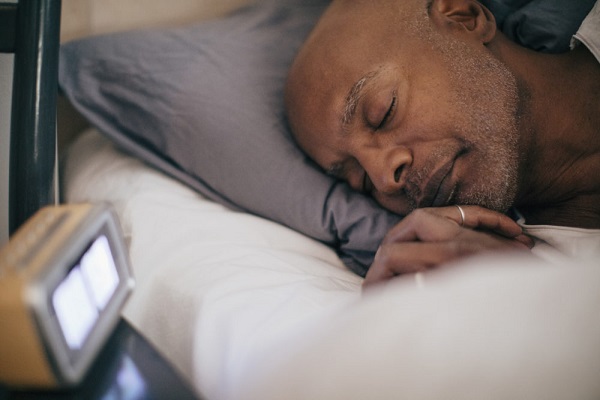A recent study has confirmed the crucial role that sleep plays in supporting immune levels and suggests that individuals who sleep less than six or more than nine hours may be at a higher risk of getting sick.
The study emphasises that poor sleep can increase an individual's risk of developing infections such as colds and the flu.
Published in Frontiers in Psychiatry, the study conducted a cross-sectional survey of 1,848 unselected patients in Norway.
It aimed to determine whether self-reported measures of chronic insomnia disorder, chronic sleep issues, sleep length, and circadian preference were linked to the risk of infections and antibiotic use.
The survey found a substantial correlation between sleep and infection, with individuals reporting persistent sleep issues at higher risk of infection and antibiotic use.
After the study, it was discovered that patients sleeping below six hours or more than nine hours were at a 27% and 44% higher risk of infection, respectively.
The study highlights the importance of maintaining healthy sleep habits to support immune function and overall health.
“Those who reported sleeping more than 9 hours were 44% more likely to report an infection compared to those who slept 7-8 hours,” Ingeborg Forthun, PhD, a researcher at the Norwegian Institute of Public Health and co-author of the study, told Healthline.
On the other hand, she continued, “those who reported sleeping less than 6 hours were 27% more likely to report an infection.”
According to the study, individuals who obtained less than six hours of sleep each night or had chronic insomnia were also more likely to require antibiotics to treat their infection.
Dr. Randall Wright, a neurologist at Houston Methodist and medical director for Brain Wellness at Woodlands Hospital, emphasized the importance of prioritizing sleep in light of these findings.
He told Healthline that the study serves as a testament to why everyone should make adequate sleep a top priority.
He added, “Sleep is a time to save and reset the body. We get to replenish many of the chemicals that our body needs. It is a time for our immune system to bolster itself.”
Another medical director at Indiana Sleep Center, Dr. Abhinav Singh, said not getting too enough sleep can hinder white blood cells from reaching affected sites in the body.
He told Healthline, “White blood cells are a vital element of our immune system and help the body fight off infections caused by viruses and bacteria.
“Lack of sleep can also cause the body to release more of the stress hormones adrenaline and prostaglandin shared Singh. This is critical, as they “lower levels of integrin, a molecule that helps T-cells (part of white blood cells) stick to virus-infected cells and kill them.”









